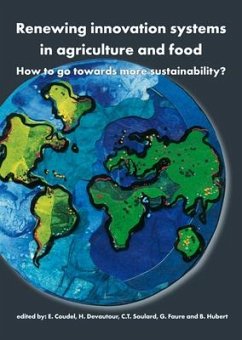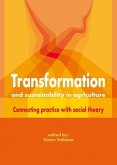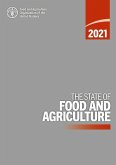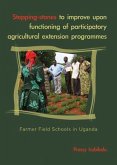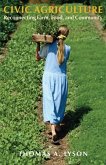Present-day society asks more from agriculture than just the production of food. Agriculture is now required to be concerned with the quality of food, ecosystem services, inclusion of marginalized populations, revitalization of rural territories, energy production, etc. This opening up of the future of agriculture encourages rural actors to experiment with new farming systems, using imagination, creativity and determination to replace dominant models. At the same time, low-cost mass-production systems continue on their way, with promises of a future based on green technologies. In this discussion it is important to consider what kind of sustainable development societies really want. Which innovations will help in achieving these developments? What role can research and public policies play in supporting the emergence of these innovations? This book takes the debate beyond the purely technical options and considers social and institutional innovations as well. It demonstrates that innovation is the result of a confrontation between visions of actors who often have divergent interests. There is no single path towards sustainable development and we must find ways to encourage the emergence and co-existence of different types of agriculture and food systems. The success of transitions will not only depend on our capacity to rethink existing models, but especially on our willingness to embark on a creative learning process from which we will inevitably emerge transformed.
Hinweis: Dieser Artikel kann nur an eine deutsche Lieferadresse ausgeliefert werden.
Hinweis: Dieser Artikel kann nur an eine deutsche Lieferadresse ausgeliefert werden.

